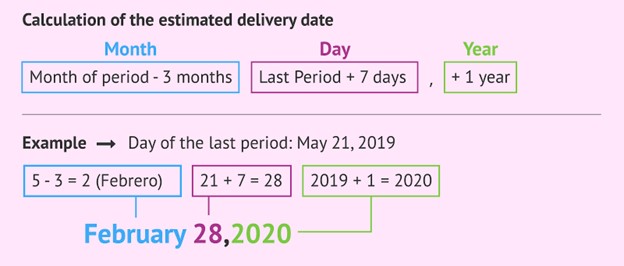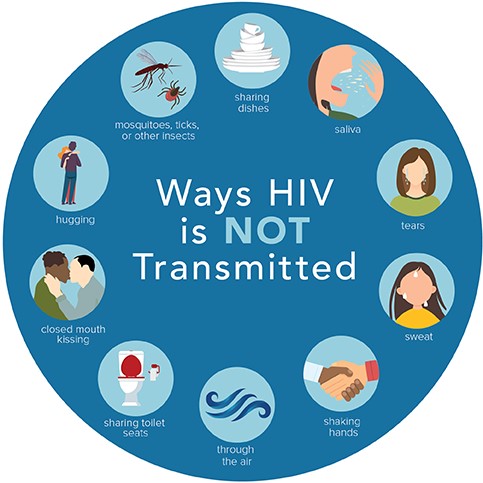A nurse is providing prenatal care to a pregnant client. At which time would the nurse expect to screen the client for group B streptococcus infection?
28 weeks' gestation
32 weeks' gestation
16 weeks' gestation
36 weeks' gestation
The Correct Answer is D
Choice A: 28 weeks' gestation is too early to screen for group B streptococcus infection. Group B streptococcus (GBS) is a type of bacteria that can cause serious infections in newborns if transmitted from the mother during labor and delivery. The optimal time to screen for GBS is between 35 and 37 weeks' gestation.
Choice B: 32 weeks' gestation is also too early to screen for GBS infection. Screening at this time may not reflect the true colonization status of the mother at the time of delivery, as GBS can be transient or intermittent.
Choice C: 16 weeks' gestation is much too early to screen for GBS infection. Screening at this time has no clinical value, as GBS colonization can change throughout pregnancy.
Choice D: 36 weeks' gestation is the appropriate time to screen for GBS infection. Screening at this time can identify mothers who are colonized with GBS and who need intrapartum antibiotic prophylaxis to prevent neonatal sepsis, pneumonia, and meningitis.
Nursing Test Bank
Naxlex Comprehensive Predictor Exams
Related Questions
Correct Answer is C
Explanation
Choice A Reason: This is incorrect because it adds 10 months and 7 days to the last menstrual period, which is not Nägele's rule.
Choice B Reason: This is incorrect because it adds 9 months and 7 days to the last menstrual period, which is not Nägele's rule.
Choice C Reason: This is correct because it follows Nägele's rule, which is to subtract 3 months and add 7 days to the last menstrual period.
Choice D Reason: This is incorrect because it subtracts 4 months and adds 7 days to the last menstrual period, which is not Nägele's rule.
Choice E Reason: This is incorrect because it subtracts 4 months and adds 17 days to the last menstrual period, which is not Nägele's rule.

Correct Answer is C
Explanation
Choice A Reason: This is incorrect because mosquitoes do not transmit HIV. HIV is a virus that infects human cells and cannot survive in insects. Mosquitoes do not inject blood from one person to another when they bite, but only saliva that contains anticoagulants and enzymes.
Choice B Reason: This is incorrect because accidental puncture wounds are not a common mode of HIV transmission. HIV can be transmitted through exposure to infected blood or body fluids, such as through needle sharing, blood transfusion, or occupational injury. However, these cases are rare and can be prevented by using sterile equipment, screening blood products, and following universal precautions.
Choice C Reason: This is correct because sexual contact is the most common mode of HIV transmission. HIV can be transmitted through unprotected vaginal, anal, or oral sex with an infected person, as these activities can involve contact with infected blood, semen, vaginal fluid, or pre-ejaculate.
Choice D Reason: This is incorrect because respiratory droplets do not transmit HIV. HIV is not an airborne virus and cannot be spread by coughing, sneezing, or breathing. HIV cannot be transmitted by casual contact, such as hugging, kissing, or sharing utensils.

Whether you are a student looking to ace your exams or a practicing nurse seeking to enhance your expertise , our nursing education contents will empower you with the confidence and competence to make a difference in the lives of patients and become a respected leader in the healthcare field.
Visit Naxlex, invest in your future and unlock endless possibilities with our unparalleled nursing education contents today
Report Wrong Answer on the Current Question
Do you disagree with the answer? If yes, what is your expected answer? Explain.
Kindly be descriptive with the issue you are facing.
